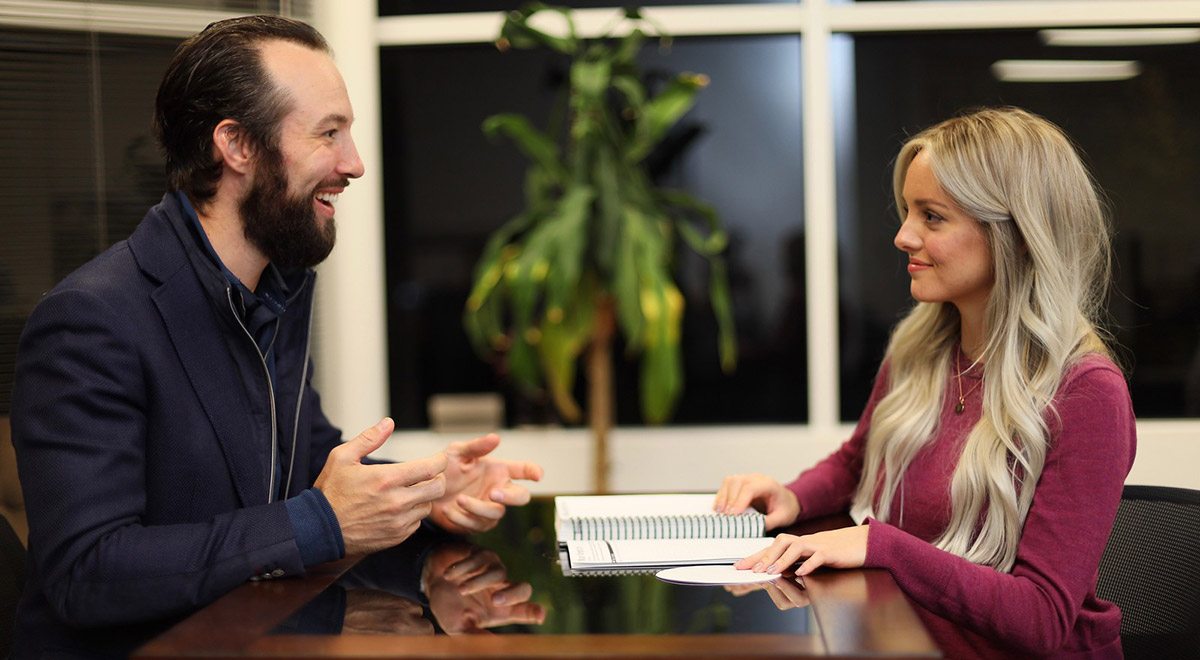What Does Dianetics Do?
Wiki Article
How Dianetics can Save You Time, Stress, and Money.
Table of ContentsDianetics for DummiesThe 20-Second Trick For DianeticsDianetics Can Be Fun For EveryoneSome Known Incorrect Statements About Dianetics
I could not ever not wish to obtain anything that enters your mind for you- if it was otherwise, I would not be sitting below with you, doing this. I not just could never have an issue, or not intend to listen to something that enters your mind for you, yet I'm entirely eager to recognize every idea, every idea, every picture or sensation that emerges or manifests for you- don't ever assume or else, and if for one reason or another you do, please simply allow me recognize! Occasionally, you may have an idea, and image, concept or event turn up that does not seem to address the question, or associate with it, however nevertheless, constantly do tell me about it, and as we proceed, the importance will arise for you.This is intrinsic in the basis of processing, and the topic of this conversation: the fundamental functions of the therapist and the client: The basic role of the therapist is, unlike "conventional training", not to control, which indicates to apply and/or inhibit, however to instead function from the basis of EMPOWERING THE CUSTOMER.

How Dianetics can Save You Time, Stress, and Money.
John Mcmasters expressed this fundamental truth incredibly well in one of his lectures on Power processing, where he describes exactly how he was asked what this "unique knack" was that he had for providing such wonderful sessions; he had to consider that for a minute, and identified that it was what he wasn't doing, in addition to what he was doing: he wasn't examining, evaluating, computer, or as a matter of fact, creating any type of thoughts, not to mention spoken expressions, after offering the command and while awaiting the PC to finish their response to their contentment; he was, just and just, being present with the computer, and completely interested.The role of the therapist, demonstrated; that was his "unique knack". I have had my very own experience which showed me this well, very early in the game. In 1982, having actually just recently finished my training and internship on New Age Dianetics, I was running this on a PC, and there was a point in the session where (being a little bit wet behind the ears not yet having numerous hours under my belt as an expert auditor) the PC seemed to be "taking as well long" to share anything verbally after I offered him a command.
This trick became one of the most important payment that John ever before made to the subject of treatment or bookkeeping Homepage (Dianetics). In my modest viewpoint, it is the best contribution that any person has ever made to these subjectsthe application is totally non-judgemental, non-evaluative, and devoid of any type of idea, advice or opinion.no preconceived schedule for people, or 'degrees' that they should do
In Scientology we prided ourselves on not evaluating for people. All that actually implied was that the auditor did not VERBALLY review for the Computer in session.
Not known Facts About Dianetics

Anybody that had ever seen John audit could not aid yet observe an one-of-a-kind high quality in his auditing."The client's fundamental role is to be there with the function of relocating the direction of their spiritual goals, and to openly and totally express and experience whatever manifests for them in responding to the inquiries and executing the guidelines in the processing.
This is something to process as required. But also, people often have previous experience and/or indoctrination in auditing/processing which, in some means, and to some degrees, really misinforms them into mindsets, ideas and content behavior patterns that prevent the complete understanding of these duties, and so they will tend to prevent the expressing of what comes to mind, as in the examples provided over. * The very first, and perhaps foremost instances of mis-indoctrination bring about less than completely smooth and efficient sessions, can be discovered in specific elements of the visit this website training routines, or "TR's":"TR's" are often an individual's first, or at the very least early, experience in Scientology, and while I will certainly take place to discuss what I view as the flaws in idea and technique, nonetheless, often tend to be considerably restorative, done as they are provided (Hubbard insists that "TR's are not processing, they are training", but factually, they are both handling AND training)
There is no "flunking", and no rejection of the fact of this being handling. The emphasis, as it must be, is on experiencing the various other individual's presence.
Getting My Dianetics To Work

Report this wiki page